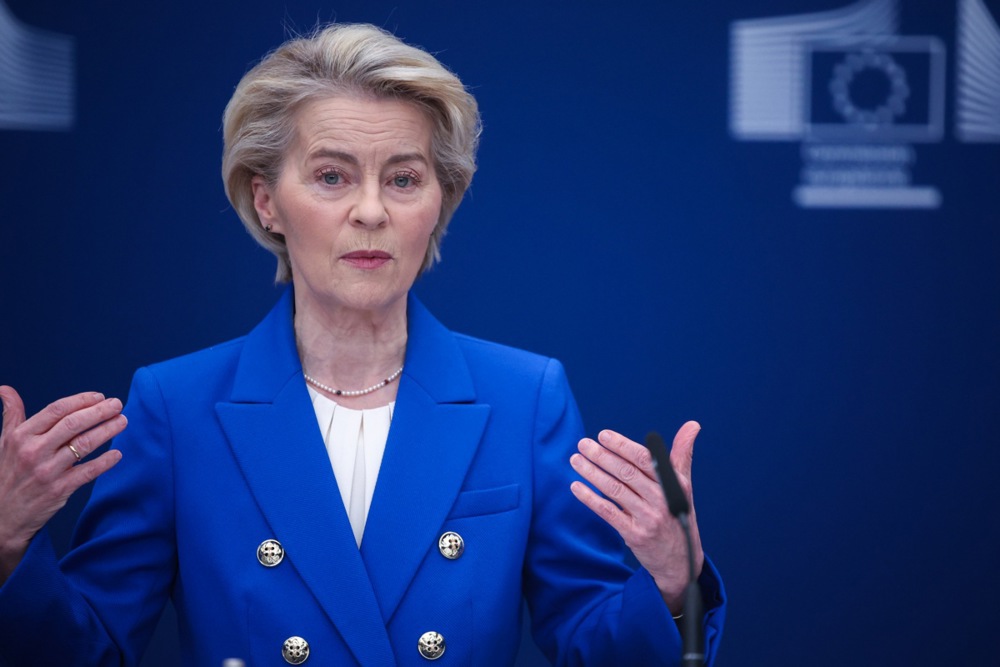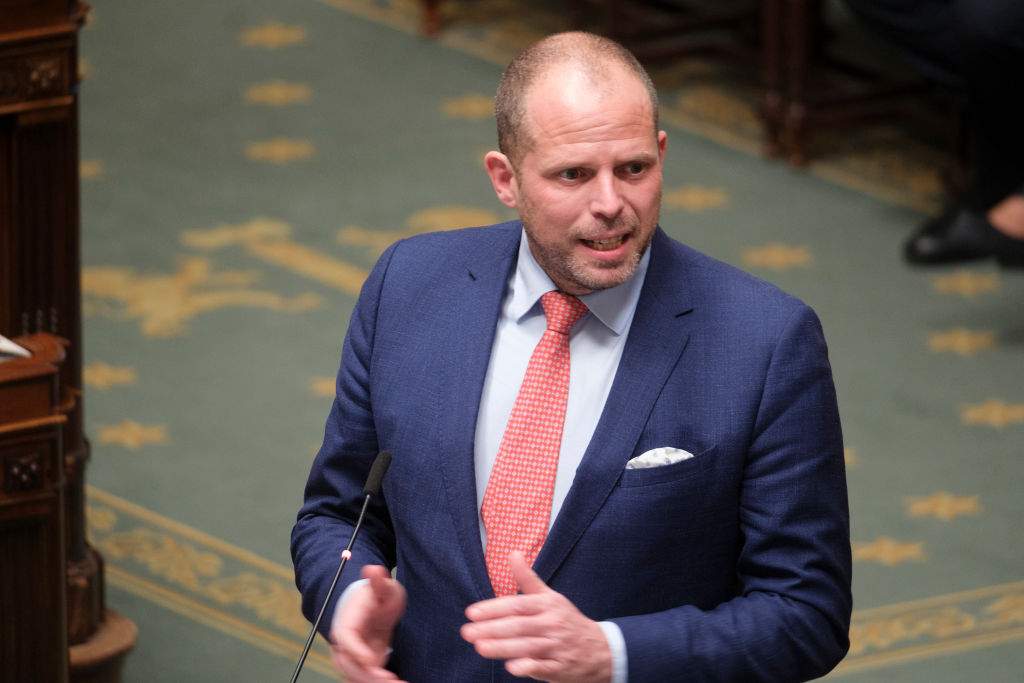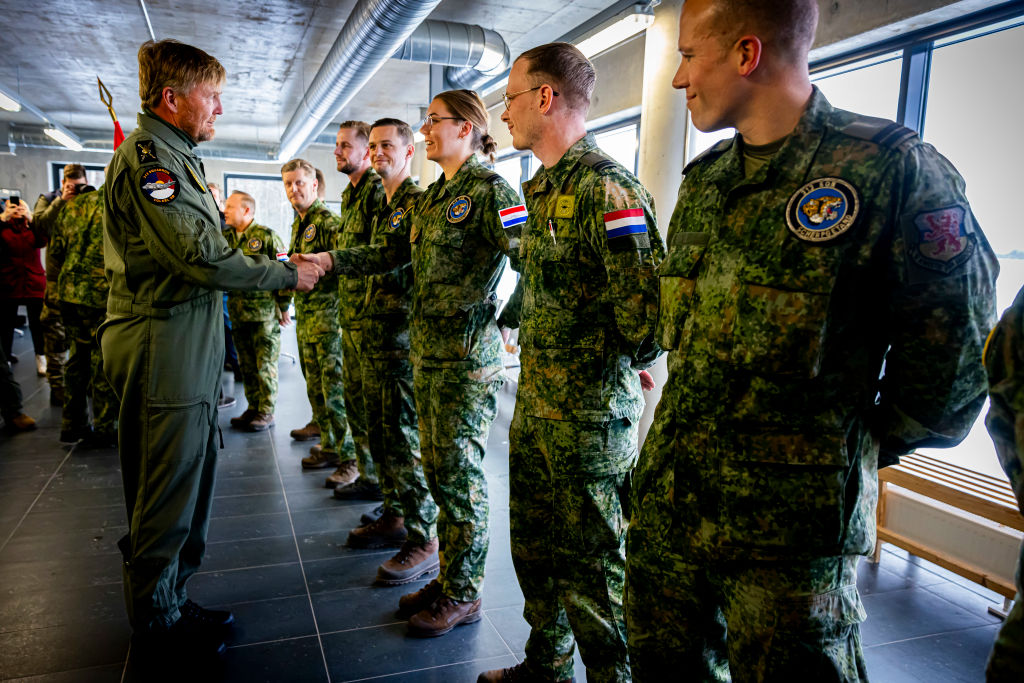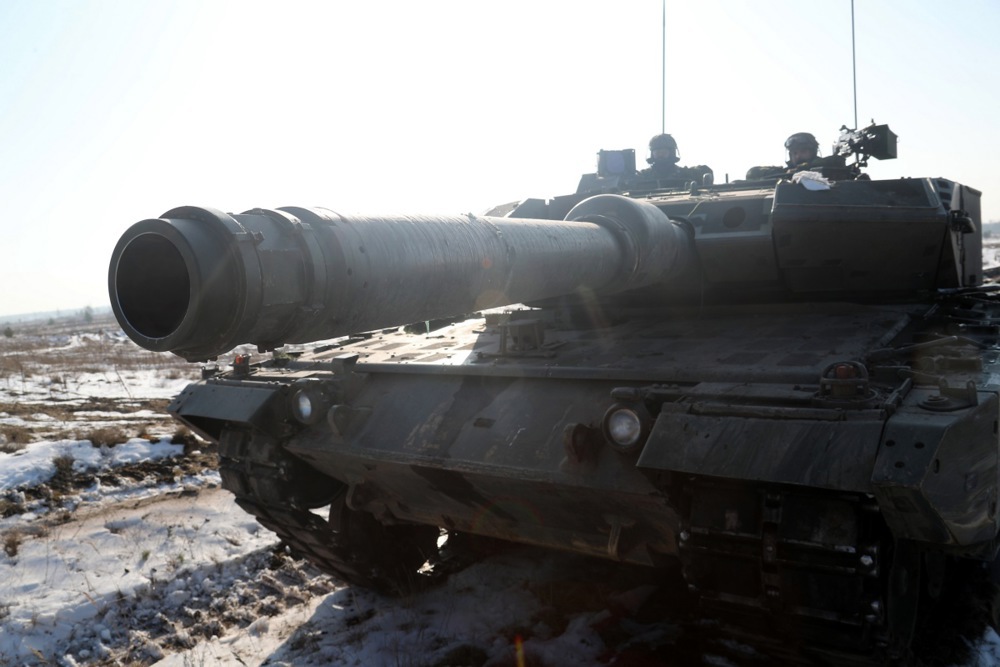A confidential audit has disclosed that Belgium paid 10 times the correct price for new French armoured vehicles.
A source close to the case told Belgian State broadcaster VRT NWS that Belgium had been taken advantage of by France.
Instead of €1.5 billion for 382 new Griffon and 60 Jaguar combat armoured vehicles, Belgium will end up paying €14.4 billion, the Court of Audit reported.
A lot of related costs were carelessly calculated or unforeseen, the source said, but conscious decisions from France also caused significant trouble and led to tensions between the countries.
France has failed to honour its initial commitments, it was claimed. Identical armoured vehicles for France and Belgium were promised, with FN Herstal supplying the machine gun turrets.
Instead, France opted for a different model for its own fleet. Belgium was also denied access to French secure communications, once a cornerstone of the partnership, VRT NWS reported.
It was reported that earlier this year Belgium briefly threatened to stop the entire co-operation if no additional financial compensation came from France.
All training was also done solely in French, an irritant in the Dutch-speaking part of Belgium and going against the international use of English.
The Court of Audit noted that there were agreements on the purchase of the armoured vehicles, education and training but not for operating costs and maintenance, “while that aspect is crucial in the long term and generally expensive”.
Additional costs for the “commissioning” of that equipment were poorly assessed. “Budgets were not broken down,” the Court of Audit said.
At a time when Europe is trying to ramp up its defence capabilities, a Belgian newspaper report confirmed by the country's defence ministry has revealed that less than half of Belgian soldiers are in good shape with 46% deemed to be "overweight". https://t.co/1OTLtPHgLd
— Brussels Signal (@brusselssignal) April 5, 2024
Belgium’s military would also have to invest hundreds of millions of euros to renovate and build infrastructure in army bases where the vehicles were to be located.
According to Belgium’s Ministry of Defence, annual maintenance costs will be around €60 million annually for 25 years, totalling about €1.6 billion – almost as much as original the purchase price, according to the Court of Audit.
Next to these practical problems, French decisions were said to be another major contributing factor inn the discrepancies.
Belgium has been dependent on France for spare parts and certain ammunition at the prices imposed by the French suppliers.
Yet, the Auditor found it was not possible to verify whether the same or similar prices were applied for Belgium and France because the prices the French government paid were secret.
In its report, the Court of Audit said: “[Belgium’s Ministry of] Defence did not conduct a formal analysis of the risks, [… including] in relation to the control of prices for the purchase of equipment, spare parts and ammunition from the French supplier.”
In their reply to the rapporteurs, the defence ministry said that regarding the new vehicles, “technical data were not yet available to calculate the operation, maintenance and cost of spare parts and ammunition”.
It added that, for maintenance, “That also depends on the intensity with which it is used.”
Despite this, VRT NWS noted that also applied to purchases of other major weapon systems such as fighter aircraft or ships but future costs and benefits had not been calculated accurately.
According to the auditors, the purchase of the French vehicles was “a budgetary risk … at the defence budget level”.
An unnamed defence source told VRT NWS that the army was the main culprit for the runaway costs.
“The army generals are a mess. And it is the other components that must now watch as large portions of the budgets necessarily have to be allocated to implementing the problematic issue. A lack of vision, unity, and competence,” an unnamed officer was quoted as saying.
The Court of Audit concluded: “Providing accurate information to the government and parliament is essential so that all factors leading to additional costs can be taken into account as soon as they can be assessed.”
Defence spending was a hot-button issue in Belgium, as the country’s already problematic budget went deeper in the red to reach the 2 per cent NATO spending target, an urgent demand by US President Donald Trump who said he wanted allies start to carrying their own weight, with Belgium being well behind on this front.
Admiral Michel Hofman, the Belgian Army’s Chief of Staff, has warned that Europe must be ready for possible armed conflict with Russia. https://t.co/8uYytyDp2m
— Brussels Signal (@brusselssignal) December 21, 2023





